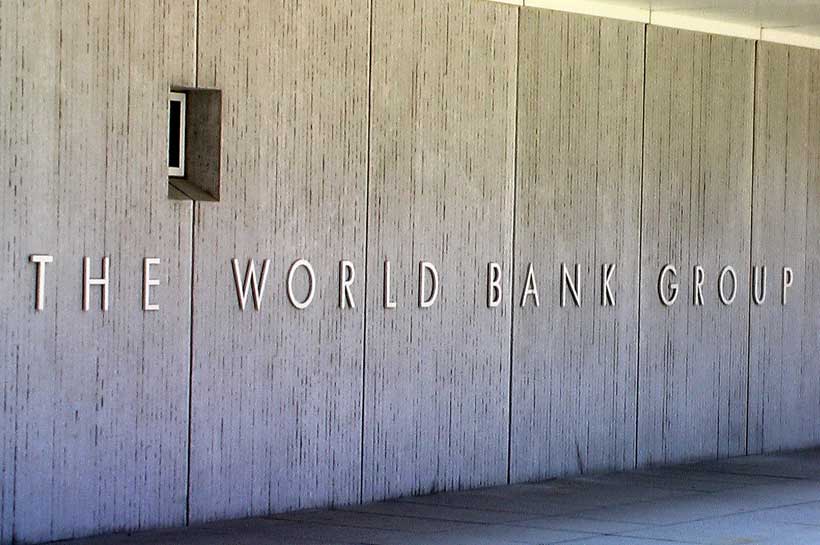The World Bank Board of Executive Directors recently approved an $86 million credit for the Malawi government to increase access to financial services and promote the entrepreneurship and capabilities of micro, small, and medium enterprises (MSMEs) in Malawi, including addressing the negative economic effects of COVID-19 (coronavirus).
The COVID-19 pandemic has created economic shockwaves transmitted through falling demand, reduced and disrupted input supply, tightening of credit conditions and liquidity crunch, and rising uncertainty. These developments are amplifying the challenges faced by MSMEs, including lack of access to finance, and damaging otherwise healthy firms. The Government of Malawi is, therefore, seeking to support MSMEs in the short- and medium-term to weather the impacts of the pandemic, and in the medium- and longer-term, to boost job creation and sustainable inclusive growth.
“This project is an important element of the World Bank Group’s response to COVID-19 in Malawi, from relief, through re-structuring, towards ensuring a resilient recovery. This project contributes to relief efforts, with a clear focus on helping communities and businesses persist and find new opportunities. It provides flexible support in line with the government’s contingency plan, along with other key development partners, by contributing to select elements of business growth in the private sector and enhancing financial inclusion and job creation,” said Hugh Riddell, Word Bank Country Manager for Malawi.
The project will make financial resources available through a credit line to ensure MSMEs continuously supply essential goods and services to the economy and to mitigate the risk of failure/bankruptcy. In addition, the project will facilitate opportunities for MSMEs that have potential for high growth to thrive and grow over the medium-to-long term by providing training, particularly for youth- and women-owned businesses, followed by measures to connect trainees with market opportunities. Finally, the project is also expected to address some of the market failures that limit the supply of affordable finance and develop solutions for a more conducive business environment for dynamic business creation, including building capacity of institutions and business development thereby sustaining the lending and investment.
“The majority of MSMEs in Malawi are informal, and access to finance remains a key constraint, coupled with low capacity and inadequate innovation. Despite this situation, innovative start-ups and MSMEs with high-growth potential can create jobs and, hence, are an important area of focus for governments,” said Niraj Verma, World Bank Finance Competitiveness and Innovation Practice Manager.
* The World Bank’s International Development Association (IDA), established in 1960, helps the world’s poorest countries by providing grants and low to zero-interest loans for projects and programs that boost economic growth, reduce poverty, and improve poor people’s lives. IDA is one of the largest sources of assistance for the world’s 76 poorest countries, 39 of which are in Africa. Resources from IDA bring positive change to the 1.6 billion people who live in IDA countries. Since 1960, IDA has supported development work in 113 countries. Annual commitments have averaged about $21 billion over the last three years, with about 61 percent going to Africa.


